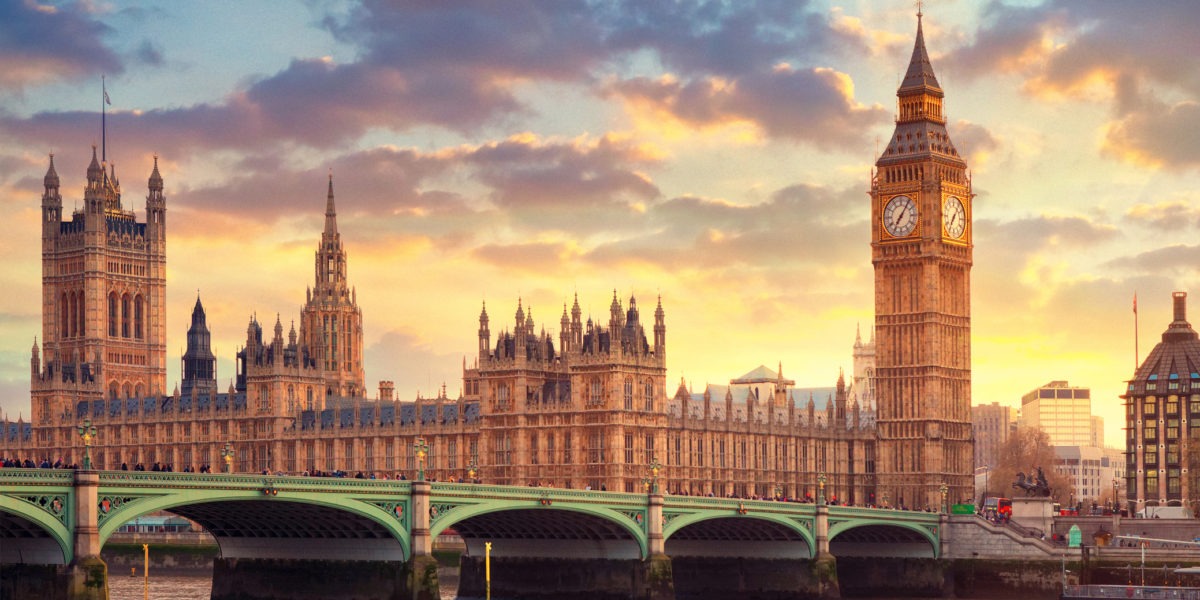This morning, King Charles III delivered the King’s Speech. Pomp, pageantry and policy vied for attention as the King worked through paragraphs setting the scene for 40 new bills (i.e. draft primary legislation).
Amidst this packed legislative agenda is room for pensions. The Pension Schemes Bill will be the primary vehicle for the government’s initial reforms to workplace pensions. Some measures impacting pensions may also be included in other bills (e.g. rights to automatic enrolment into pension savings under the Employment Rights Bill).
Many things have changed since the last King’s Speech. A Labour government now has a commanding majority of the House of Commons. A record 335 new MPs were returned at the General Election. But, in terms of pensions policy, it is a very much a continuation of the direction of travel set in motion by the previous government.
“Plus ça change, plus c’est la même chose” – the more things change, the more they stay the same? For pensions policy, perhaps. But Labour also made a manifesto commitment to carry out a review of pensions. It maybe that more radical policy developments emerge as part of that process.
What will the Pension Schemes Bill cover?
In summary, the Pension Schemes Bill looks set to adopt many of the pensions policies that were already in motion from the previous government, especially on consolidation and unlocking pension fund finance for productive investment (i.e. investment in UK infrastructure, private equity and start ups).
| POLICY AREA | MEASURE | COMMENT |
| DC deferred small pots | Automatic consolidation of individual deferred small defined contribution pension pots | The first three policies covered in the background paper’s commentary on the Pension Schemes Bill takes forward some of the previous government’s Mansion House / Economic Growth Agenda policies. There are some tweaks (e.g. adopting automatic small pot consolidation rather than a lifetime provider model for dealing with deferred DC small pots). |
| DC value for money | Going forward with the Value for Money Framework (leading to a “smaller number of well-performing, well governed schemes”). | Taken together, the government estimates that these reforms could lead to pension pots being 9% higher at retirement for an average earner saving over their career. |
| DC decumulation | Placing a statutory duty on trustees of occupational pension schemes to offer a retirement income solution or range of solutions, including default investment options, to their members. | On DC decumulation – it isn’t clear if schemes will be able to appoint a third party provider to fulfil their statutory decumulation duties. This was the direction of travel for the previous government. |
| DB superfunds | Primary legislation covering commercial defined benefit superfunds. | There is nothing in the government briefing about the role of a public sector DB consolidator. This doesn’t mean that it has been dropped – it may just not be for this parliamentary term. |
| The Pensions Ombudsman | Primary legislation to confirm that TPO is a competent court for the purposes of recovery of overpayments. | This is a common sense provision that will prevent additional costs and complexity arising from the judicial decision that TPO is not a competent court. |
| PPF and FAS | Amending definitions on ‘terminal illness’ to permit receipt of lump sums at an earlier stage. | A sensible tweaking of the definitions that will make a real difference to people in difficult circumstances. |
The key theme for the Pension Schemes Bill is the continuation of the previous government’s Mansion House / Economic Growth Agenda. This is not surprising given the new government’s focus on economic growth and infrastructure investment. UK pensions remain one of the largest ‘untapped’ sources of funding available for governments. The Pension Schemes Bill therefore focuses on increased scheme consolidation and getting more DC and DB pension scheme assets invested into UK productive finance.
They will almost certainly face many of the same issues that have been raised in consultations on the Mansion House / Economic Growth Agenda. The new government does, however, have the luxury of time and a commanding House of Commons majority to potentially slice through some of the Gordian knots on things such as fiduciary duties and returns of surplus to scheme sponsors with primary legislation.
What is not included in the background to the Pension Schemes Bill?
Whilst some of the key policy proposals under the Mansion House / Economic Growth Agenda are included in the Pension Schemes Bill, there are some parts that are absent from the government’s background paper, including:
- LGPS investment (consolidation or investment in productive finance);
- trusteeship (pension scheme trustee skills, capability and culture);
- DB scheme investment and surplus;
- collective defined contribution (CDC); and
- regulatory approach to master trusts.
Their absence from the background paper’s coverage of the Pension Schemes Bill doesn’t mean that they have been abandoned. Some of these things may not require primary legislation to progress. Some may be parked awaiting future parliamentary time.
It is also worth noting two ‘non-Mansion House’ items that are missing from the background paper’s coverage of the Pension Schemes Bill:
- no reform (yet) for automatic enrolment; and
- no tighter compliance requirements on TCFD and pension scheme investments (a Labour Party manifesto commitment).
We await publication of the full text of the Pension Schemes Bill and will follow that with a more detailed guide.
About the author(s)
Ian is a London-based professional support lawyer (PSL) legal director. Ian is a member of our pensions and combined human resource solutions (CHRS) teams. He works with clients to solve their employment and pensions law issues. Ian maintains a particular focus on 'crossover' issues that benefit from his understanding of both areas of law.

